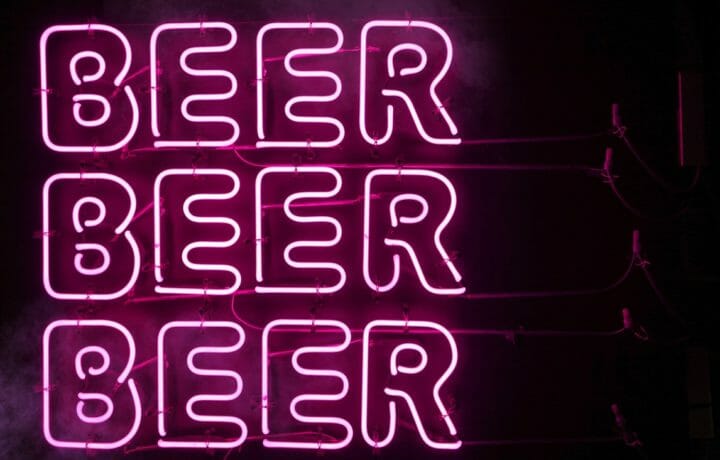Over the years, I’ve found that many of my clients operate under the erroneous impression that they can drink to (or well past) the point of intoxication “on occasion” and not run into security clearance problems. As long as it doesn’t result in legal/medical intervention or showing up to work hungover, the theory seems to be that the occasional bender doesn’t make one an “alcoholic” and therefore does not translate into perceived security risk.
Binge Drinking Called Out in Adjudicative Guidelines
That definition of alcoholism may be true in a literal sense, but the National Adjudicative Guidelines for Security Clearances don’t just cover uncontrollable dependency drinking as a potentially disqualifying condition. They cover, in pertinent part, “habitual or binge consumption of alcohol to the point of impaired judgment, regardless of whether the individual is diagnosed with alcohol use disorder” (emphasis added). Accordingly, an individual who consumes alcohol to excess even semi-regularly may be faced with some tough questions in the event that security officials get wind of the behavior.
Impact of Drinking on Clearance
The typical profile of a binge drinker in my experience is the college student applying for cleared internships or the young, twenty-something seeking to establish his or her career in the national security sector. Because binge drinking is, for too many, part of the college or post-college experience, the realization that it may torpedo career plans often comes as a devastating surprise.
Fortunately, that torpedo usually arrives in the form of temporary damage rather than the permanent variety. Relative to actual alcohol dependency (although not to minimize its seriousness), a history of binge drinking tends to be more easily mitigatable, provided it was a situational product of immaturity and we can convincingly demonstrate both a change in situation and a subsequent maturation.
Drinking Patterns After College Tracked
There is no universally-applicable solution, but favorable decisions in binge drinking cases often result from similar fact patterns. Most commonly, those include graduation from college, moving away to start one’s professional career, and demonstrating that the individual has found his or her footing in a post-college world via signs of career success and recreational activities that do not involve frequenting bars or otherwise consuming alcohol to excess.
Time Can Heal Clearance Wounds With New Patterns
In many ways, obtaining a favorable adjudication with a history of binge drinking is akin to mitigating a drug use case: changing the environment in which the individual consumed alcohol to excess and severing ties (geographically or otherwise) with bad influences goes a long way, especially in cases involving younger applicants.
Where security concerns still linger, the passage of time without recurrent behavior is often one of the most significant mitigating factors for young people with a history of binge drinking. So, if it seems that your career is over before it even started, don’t count yourself down and out just yet. Its likely that you may be benched only long enough to convincingly demonstrate that your excessive alcohol consumption is a thing of the past.
This article is intended as general information only and should not be construed as legal advice. Consult an attorney regarding your specific situation.




